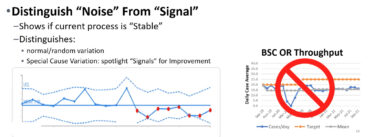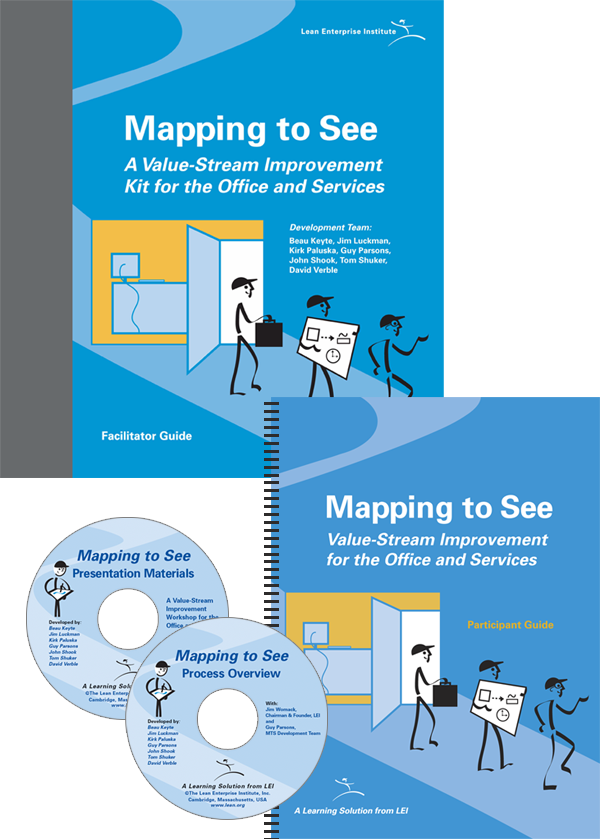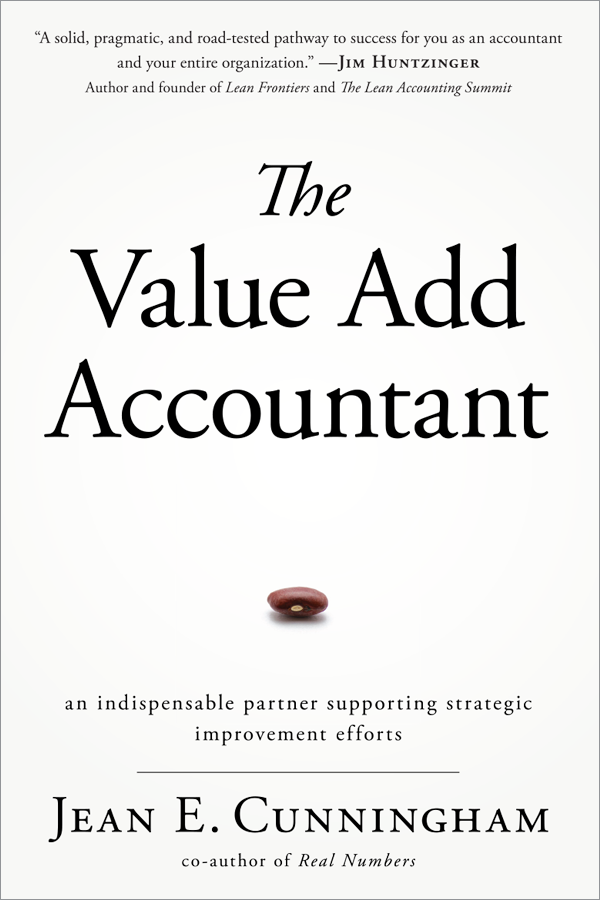If one sees lean as a system of education as much as a method of production, then it would be important to assess the best way to engage in and improve the most productive learning methods available. And part of this approach raises a simple question: How do you measure intelligence? Should we rely on a standardized test? Formal education, or position on a corporate ladder? I don’t think of intelligence as linear or directly reflected by any of those measures. It isn’t a straight highway where one person can simply assume that they have more knowledge or intelligence than someone else on all topics simply because they have deeper understanding on one topic.
Strengthening one’s intelligence therefore requires a network, allowing us to build off of each other’s knowledge and experience. Perhaps more circular—or even messier than a circle—a nest. What you find common sense, I may find novel; and vice versa. This mindset that all people can contribute to another’s intelligence relates to the foundational thinking in lean which leads to mutual respect, trust, and learning.
We all have something to offer. How we think about intelligence can impact both how we learn and how we design for learning. In the words of author H. Jackson Brown, “Every person that you meet knows something you don’t; learn from them.” In recent months, it is safe to say that we have all felt the necessity to learn from others as we navigate a new way of interacting in the world.
This more inclusive learning approach certainly characterizes the growth of what we now call Lean. Henry Ford did not engage front-line employees for their brains, only their hands. Toyota built upon Ford’s innovations of mass-assembly, engaging front-line workers to lead improvements, a key factor in the company’s overwhelming success. In a lean organization, leaders and workers all contribute to learning and improvement.
Similarly, this mindset relates to practices in adult education—where peer-to-peer learning sometimes provides more insight and behavior change than the traditional didactic approach. We learn from our own as well as each other’s experiences. Different paths have informed our knowledge-base and remaining open to other’s experiences and learning from those as well only enhances our understanding. Five blind folks and an elephant anyone?
So how can we foster more mutual learning amongst our lean community? At LEI, we are also striving to change our behavior in response to the idea that we all have valid experiences to share. And by “we all” I mean you too! We are fostering communities of practice (through our co-learning partnerships and online groups); developing simulation-based and hands-on workshops; and promoting more networking and mind-sharing at our up-coming Virtual Lean Learning Experience (VLX).
As part of the VLX specifically, we are creating a way for people to discuss struggles, best-practices, and next steps together and in fact form a dynamic community of practice. There’s no one person who has it all figured out with anything—lean included. It’s critical to be able to learn from each other, and to not only learn through doing, but also learn through sharing. By expressing what you have learned, you are helping yourself as well as helping others who don’t have those same experiences, who haven’t looked at that topic through that particular lens. Yes, we will still hear from practitioners and learn from their experience; AND you will have a chance to join the conversation—to be an active participant of the VLX rather than a passive attendee.
Instead of our speakers preaching/teaching, we will get to hear their stories and then receive ways to engage with that story. This added element goes beyond the traditional conference where information flows in one direction. Instead of learning about a specific tool, you will hear a story and learn how that tool was used in context from both a social and technical perspective. Then you will have a chance to try it for yourself, share how it went, and connect with your peers.
When you hear somebody’s story and you have a way to interact with it, and you have a way to learn from other people and learn from their interactions, then you have a way to ask questions from a place of experience. You’ve tried it out and seen the pitfalls. Now you are pulling for information instead of it being pushed on you.
Those are some ways that we are trying to build practice as well as peer-to-peer learning into the design of our customer learning experiences. As you may have noticed, these educational methods and lean practice are in fact parallel paths.?Learning by doing; learning from others; pull instead of push.
If we’ve learned nothing else from the 2020 pandemic, I hope it is that we have a lot to offer one another and a lot to learn from each other despite our nationality, industry, education, corporate rank, race, gender, eye-color or any other factor.





